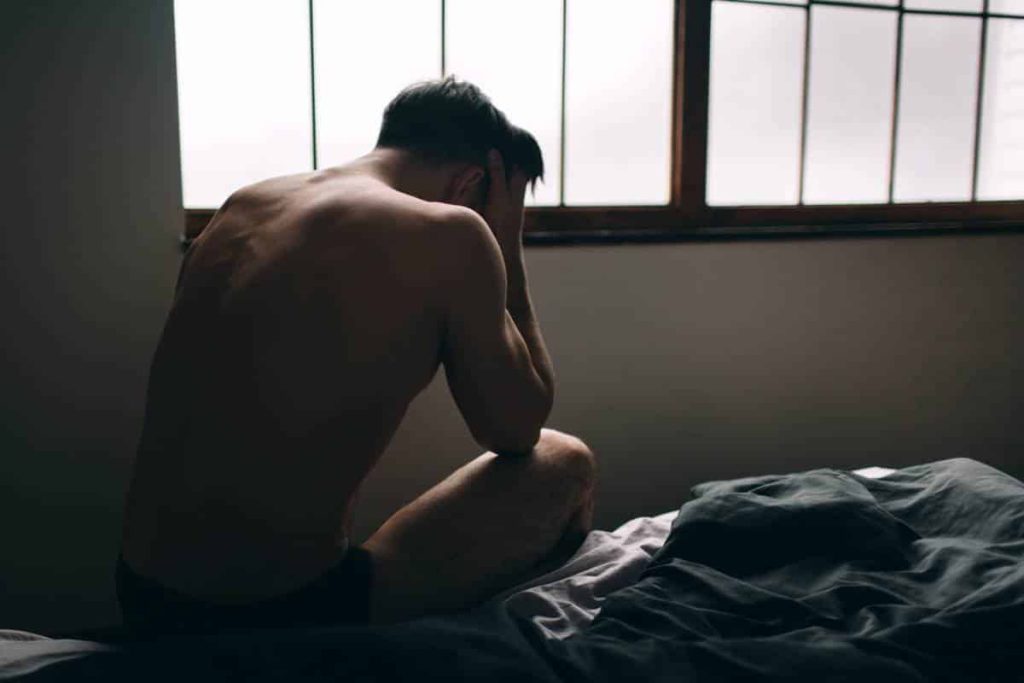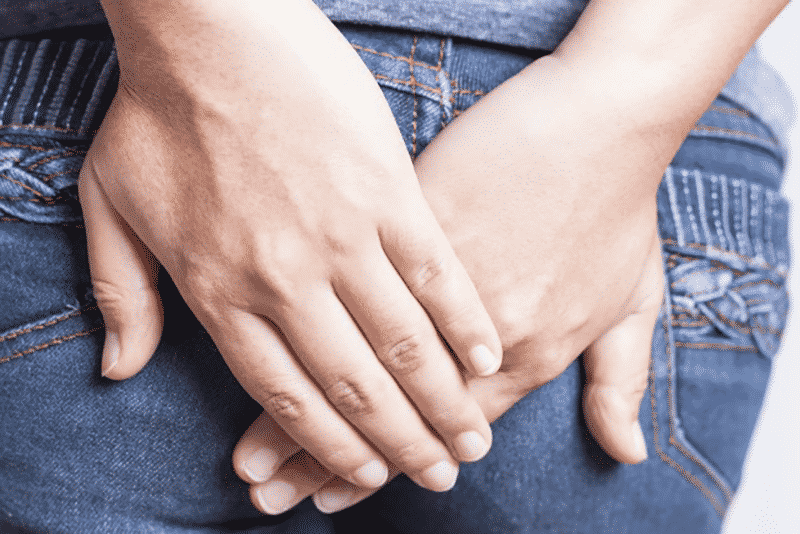The use of cannabis for therapeutic purposes is already authorized in many countries. The regulations in force in France are subject to change on this subject. Indeed, a national experiment should begin during the first half of this year. Subsequently, the government will use the results of this experiment to make its decision on the generalization of the use of cannabis as a medical treatment, as well as the modalities of its prescription. A hope for many patients who cannot find treatments adapted to their symptoms.
Summary
What does French legislation say today?
French law
There is today a legal vagueness concerning certain substances derived from hemp. It is indeed recognized that the marketing of any product containing more than 0.2% THC is prohibited, being considered as narcotic. Cannabidiol, also called CBD, another molecule derived from hemp, is authorized in liquid form in electronic cigarettes. Its other forms are neither prohibited nor authorized.
One step forward
In December 2018, the National Medicines Safety Agency (ANSM) authorized, as part of a national experiment, the marketing of THC and CBD in several forms (dried leaves, oils, herbal teas, etc.). In October 2019 the National Assembly votes for the effective realization of this experiment which should begin in the first half of 2020.
What are the differences between CBD and THC?
Hemp has over 500 cannabinoids, molecules all with different properties.
The THC that makes you « stone »
THC is one of them, the best known, especially for its psychoactive effects much sought after by cannabis smokers. The person is relaxed, feels good, they “hover”. However, THC can also bring anxiety or even paranoia. Its consumption and marketing are strictly prohibited and reprehensible.
CBD, a muscle relaxant
CBD is authorized under certain circumstances and recognized for its muscle-relaxing effect. It has no euphoric effect and does not act on the brain unlike THC. Its toxicity seems very low and it is not addictive. It is this molecule which is the most interesting in the therapeutic context, it can nevertheless be combined with THC according to the symptoms to be treated.
What are the modalities of the experiment to come?
Who can benefit from cannabis-based treatment?
The patients concerned by experimentation with therapeutic cannabis will be people in a therapeutic impasse. Five cases associated with serious pathologies are targeted: severe epilepsy, muscle contractions due to multiple sclerosis or other diseases of the central nervous system, neuropathic pain, side effects of chemotherapy and palliative care. About 3000 patients would be affected by the experiment.
How will the treatment be prescribed?
The patients concerned will be given their prescription in a hospital center, often in the reference centers for the pathologies concerned. The prescribing doctor will decide which CBD/THC ratio to use for his patient, and the form in which he should take his treatment. The patient will first have to obtain supplies from the hospital pharmacy, he can then go to the town pharmacy. The results will be monitored by medical specialists, the experiment should last two years.
What about other countries?
Within the European Union
Most countries in the European Union allow the use of cannabis in a therapeutic setting. Some produce their own cannabis, such as Italy or Great Britain, while in other countries patients sometimes have difficulty obtaining supplies. Prescription procedures differ from country to country. A simple prescription makes it possible to obtain cannabinoid-based medicines in Germany or Austria, while in Sweden, for example, special authorizations are required.
Worldwide
The precursors to the use of therapeutic cannabis were Israel, the Netherlands and Canada. Within the latter, certain patients suffering from serious pathologies have the right to consume marijuana but also to produce it. Today, many countries authorize the use of cannabis for therapeutic purposes. This is the case of 33 states in the United States (California is the latest to have authorized it), and six countries in South America (such as Colombia or Argentina). Many other countries in Asia and the Middle East are gradually beginning to authorize these therapeutic substances.
These rather atypical treatments, which are much talked about today, will end up being considered as drugs in the same way as the others and will improve the comfort of very many patients.




